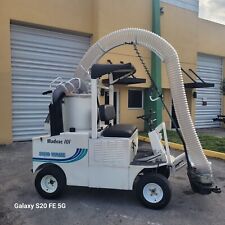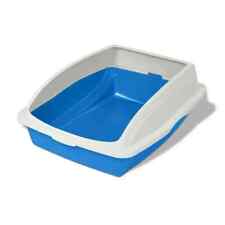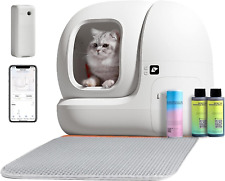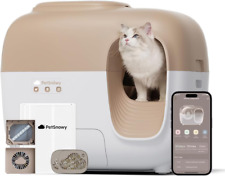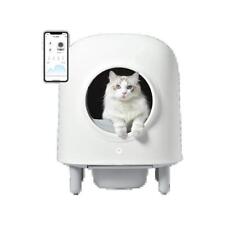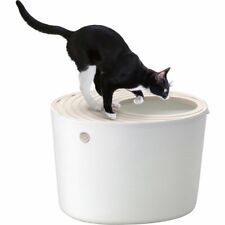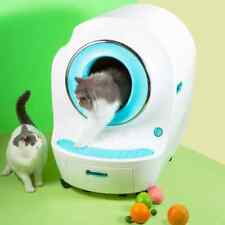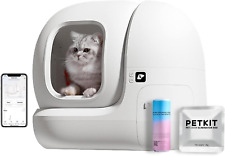Housebreaking Reversal

2. My 7 year old Husky has a new habit of peeing inside. We have a doggie door, and she spends about 20 hours a day outside. However, she now comes in to pee (on the carpet) and go back outside. We have a pet enzyme remover and scrub like crazy. Recently, we got in the habit of closing our bedroom doors - so now she pees in the hallway. We are in a quandry as to why she has reversed course on potty training.

Urination indoors can be troublesome, especially when the carpet has been repeatedly soiled. There are several reasons that a dog might start urinating inside and showing a “reversal” of housebreaking. The first could be a medical reason. It is important to have the dog examined by a veterinarian before any behavioral modification is attempted. Some dogs will urinate inside as a way to “get your attention” when they aren’t feeling well. Low-grade urinary tract infections and bladder stones can cause discomfort and dogs can go a while with these issues and not show signs of sickness that we easily recognize. Testing the urine and blood tests are a good first step in ruling out any medical causes.
At 7 years old and as a large breed dog, she is transitioning into her ‘senior years.’ Some dogs develop cognitive dysfunction (“doggie dementia”) as they age and reversal of housebreaking is common. Some dogs can actually ‘forget’ how to get back outside so they find a place in the house that they like to go and make it their toilet location. This is another issue to talk to your veterinarian about. Other behaviors and physical changes can provide clues that this may be occurring.
Cleaning the carpet with an enzymatic cleaner is a good start, but sometimes there can be scents that linger and draw the dog back to the same spot. It becomes a sort of habit and sometimes the carpet must be removed to help prevent the problem.
Another possibility is that she is unhappy about changes within the house (closing doors, turmoil, a new routine, etc.) and she is ‘acting out.’ If medical issues have been ruled out, a different routine or a consultation with a veterinary behavioral specialist may be necessary for a personalized behavior modification plan.

2004 Madvac 101-D -Ride on Vacuum Litter Collector
$12500.00
Van Ness Large Framed Cat Pan (Cat Litter Box with Rim) With Free & Fast Ship.
$1340.00
Self Cleaning Cat Litter Box, Puramax Cat Litter Box for Multiple Cats, App Cont
$1165.88
Automatic Cat Litter Box Self Cleaning Litter Box - Less Smell, Minimal Tracking
$1159.16
Petree 2nd Gen Smart Automatic Cat Litter Box
$412.54
NEW Iris Oyama Top Cat Toilet White PUNT-530 From Japan NEW
$1087.23
Self Cleaning Cat Litter Box - APP Control, Odor Control, Health Monitoring
$1048.99
Self Cleaning Cat Litter Box - App Control - Odor Removal - Extra Large Space
$1048.99
81L Intelligent APP Cat Litter Basin Electric Large Cat Toilet Fully Automatic
$729.52
Self Cleaning Cat Litter Box, Automatic App Control Smart Litter Box with 76L X-
$1018.17
